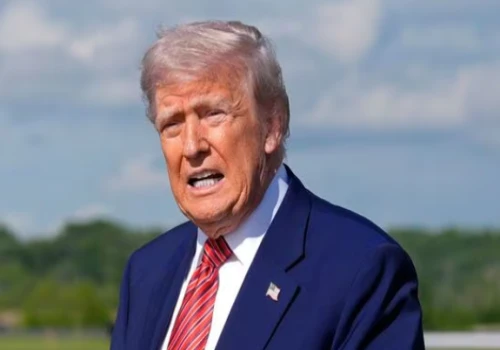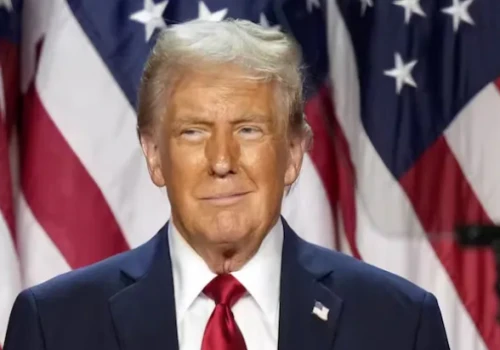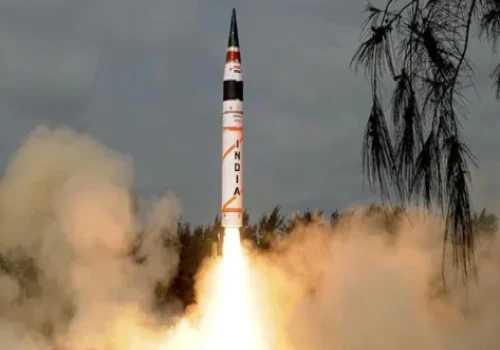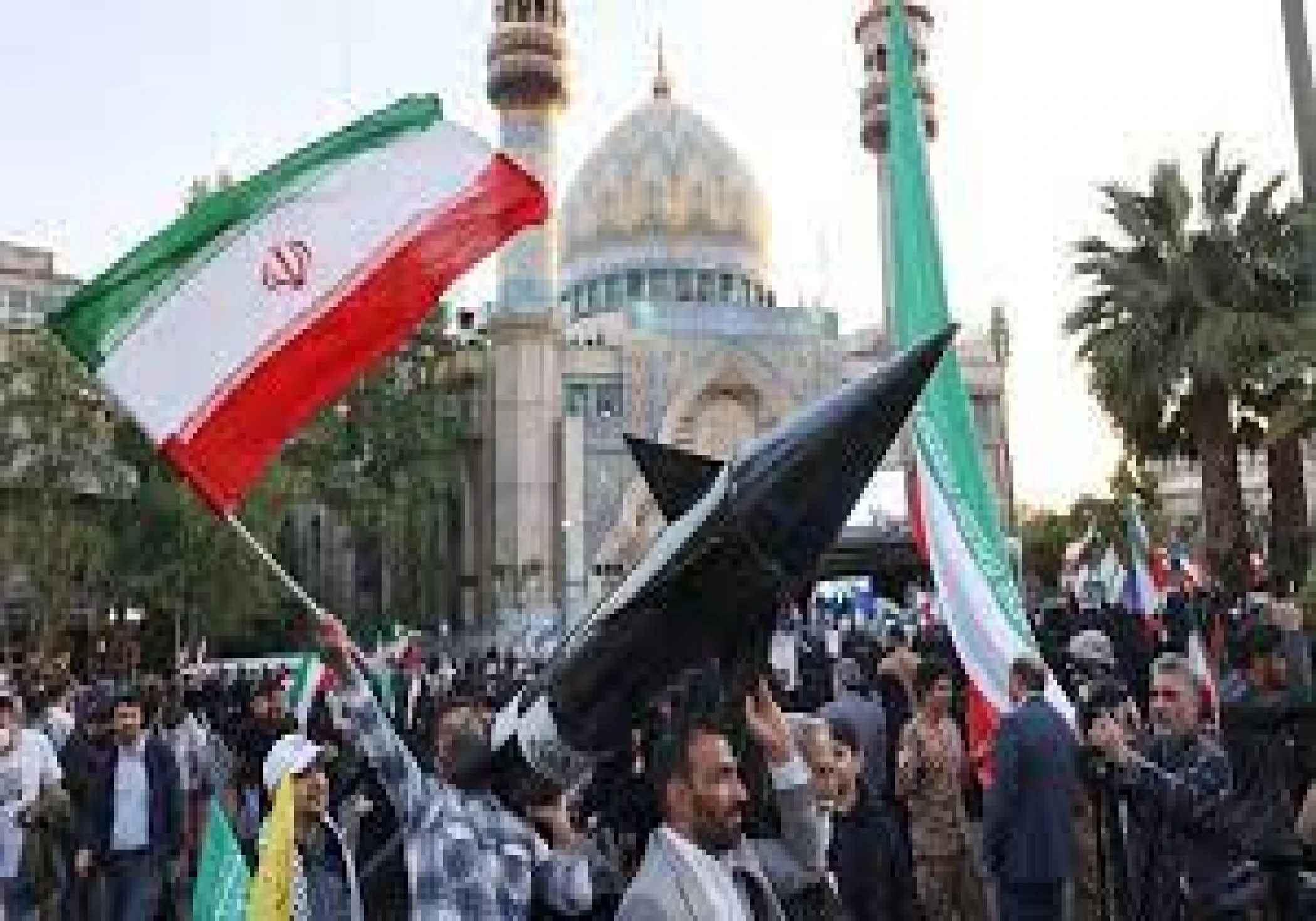
Israel carried out an airstrike in the southern suburbs of Beirut, Lebanon, targeting a senior Hezbollah leader believed to be the presumed successor of Hassan Nasrallah, the organization’s long-time chief. The operation underscores Israel’s ongoing efforts to counter Hezbollah’s growing influence in Lebanon and the wider region. According to local sources, the strike occurred late in the evening in the Dahiyeh district of Beirut, a Hezbollah stronghold. The target was reportedly a high-ranking Hezbollah military commander, widely considered by intelligence circles as a potential successor to Nasrallah. While specific details of casualties and damage are still emerging, early reports suggest the target may have been killed or seriously wounded.
Hezbollah, a Shiite militant group backed by Iran, has played a pivotal role in the geopolitical dynamics of the Middle East. It maintains a powerful presence in Lebanon, with a well-armed military wing that frequently clashes with Israeli forces, particularly along Lebanon’s southern border. Israel has long viewed Hezbollah as a direct threat, particularly due to its missile stockpiles and its alliance with Tehran.
The Israeli Defense Forces (IDF) have neither confirmed nor denied involvement in the strike, in line with its usual policy of ambiguity regarding operations in Lebanon. However, Israel has carried out numerous airstrikes on Hezbollah positions in Lebanon and Syria, aiming to disrupt the group’s arms supply routes and diminish its military capabilities. The IDF has repeatedly stated that it will take preemptive action to prevent Hezbollah from posing a direct threat to Israel’s security.
On Thursday, US President Joe Biden declared that "we can avert" a full-scale conflict in the Middle East. "I do not think a full-scale conflict will break out. When asked how certain he was that a full-fledged war in the region could be avoided, Joe Biden responded, "I think we can prevent it," to reporters at the White House. "But there is a lot to do yet, a lot to accomplish yet," he continued.
After Israel prohibited UN Secretary-General Antonio Guterres from entering the nation, the UN Security Council declared that it will continue to fully support him. The 15-member council "understood that any decision not to interact with the U.N. secretary-general or the United Nations is unhelpful, especially in the context of growing tensions In the Middle East" in a number of messages on Thursday that were almost obviously directed at Israel.
The Israeli strike on a Hezbollah target in Beirut marks a significant development in the ongoing conflict between Israel and the Iran-backed group. As tensions mount and the region braces for potential fallout, the attack highlights the fragile security situation in Lebanon and the broader implications for peace in the Middle East. The coming days will likely reveal more about the broader impact of this strike and Hezbollah’s response, which could shape the trajectory of future confrontations.

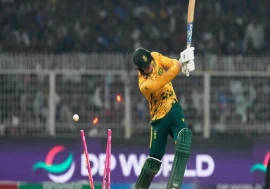
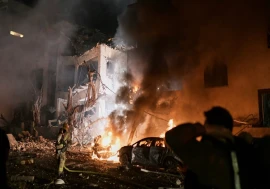
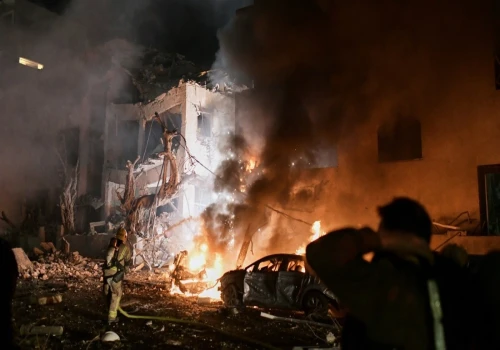

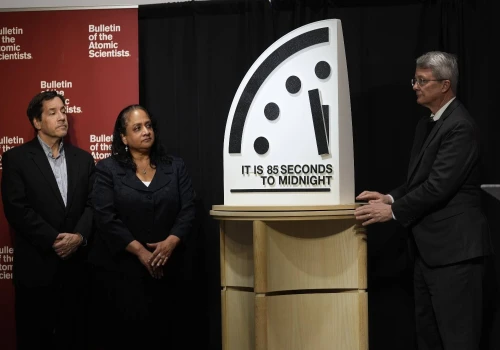

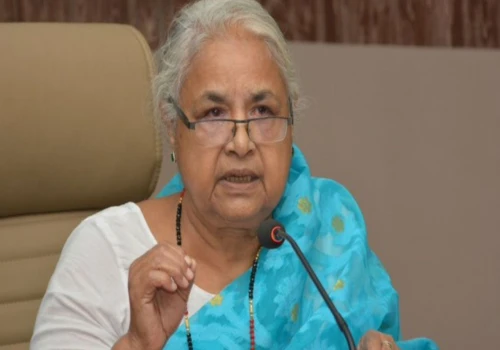
_500_x_350.webp)

